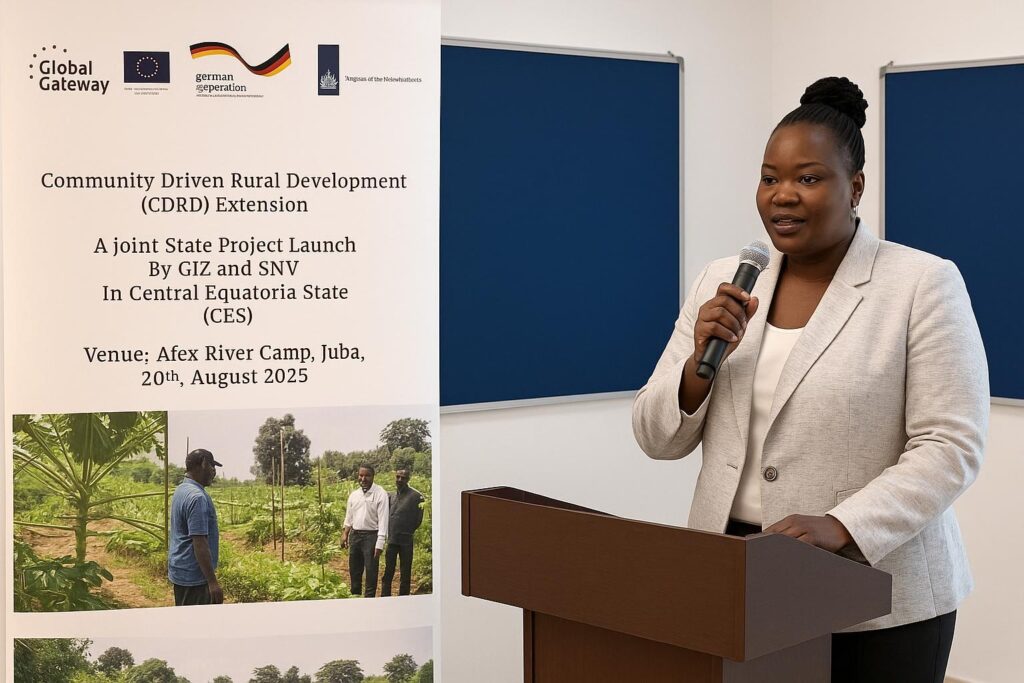Team Europe Steps Up in South Sudan
A €48 million Community-Driven Rural Development project will now embrace Juba County, Central Equatoria, after an announcement by Germany, the Netherlands and the European Union on Monday.
The expansion aims to forge competitive, sustainable and climate-resilient agricultural value chains while easing food insecurity for thousands of smallholders.
Pooling €48m for Resilient Harvests
Through a joint co-financing model branded ‘Team Europe’, donors will channel resources to 27,500 households across eight counties in Equatoria and Bahr el-Ghazal states.
The project nests within the broader EU-funded Green and Resilient Rural Economy programme, aligning with the parallel GRACE initiative for maximum field impact.
UN Agencies and GIZ Drive Delivery
FAO, WFP and the International Trade Centre coordinate technical oversight, while GIZ and the Netherlands Development Organisation translate policy into village-level action.
German cooperation stresses water, governance and reconciliation; Dutch partners focus on agri-food systems—an approach planners say anchors the scheme in local realities.
Launch Signals Political Backing in Juba
Central Equatoria’s Agriculture Minister Lily Kapuki, flanked by county chiefs, hailed the roll-out as “a timely lever for nutrition and stability”.
EU delegation official Vittoria Longato added that the blueprint grew from months of joint design with Berlin and The Hague to ensure ownership and continuity.
Women, Youth and Land at the Core
At least 50 percent of beneficiary groups will be women, with a special window for agri-preneurs under thirty, according to project documents.
Rehabilitation of feeder roads, farmer field schools and landscape-scale conservation will seek to preserve soils and wetlands that underpin rural livelihoods.
Regional Implications for Food Security
Observers note that steadier harvests in South Sudan can ease import bills for neighboring markets, offering a modest cushion against global cereal volatility.
If successful, planners hint the scheme could become a blueprint for climate-smart agriculture across the Congo Basin, the Horn and beyond.


